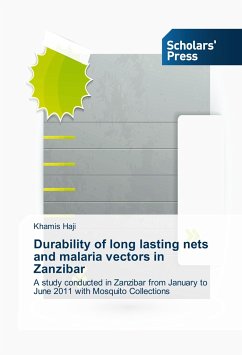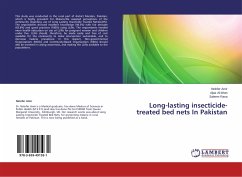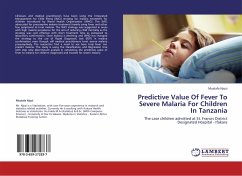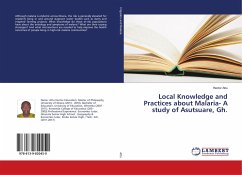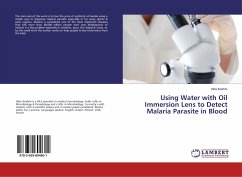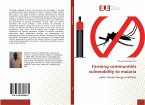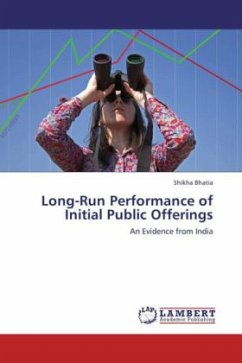The study on durability of long lasting nets and malaria vectors was conducted in Zanzibar on January-June, 2011. Mosquito collection and insecticide resistance testing was extended to Pemba island. Mosquito collections were done using indoor and outdoor methods from four randomly selected sites. World Health Organization (WHO) guidelines were used to conduct resistance testing on the mosquitoes and cone bioassays for bed nets evaluation. The study revealed that malaria vectors collected on Pemba and Unguja islands belonged to the Anopheles gambiae complex. Molecular identification showed that Anopheles arabiensis was the most prevalent sibling species followed by An. merus. Pyrethroid resistance was confirmed from Pemba for the first time in the region. However, this was not the case on Unguja where malaria vectors were found to be almost fully susceptible against the pyrethroids. A systematic monitoring campaign for insecticide resistance to be implemented so that the impact ofcontrol efforts can be predicted. Following an evaluation of long lasting insecticide nets (LLINs) in the field, 66% were found in poor condition after 3 years. Moreover, bioassays on these nets showe
Bitte wählen Sie Ihr Anliegen aus.
Rechnungen
Retourenschein anfordern
Bestellstatus
Storno

